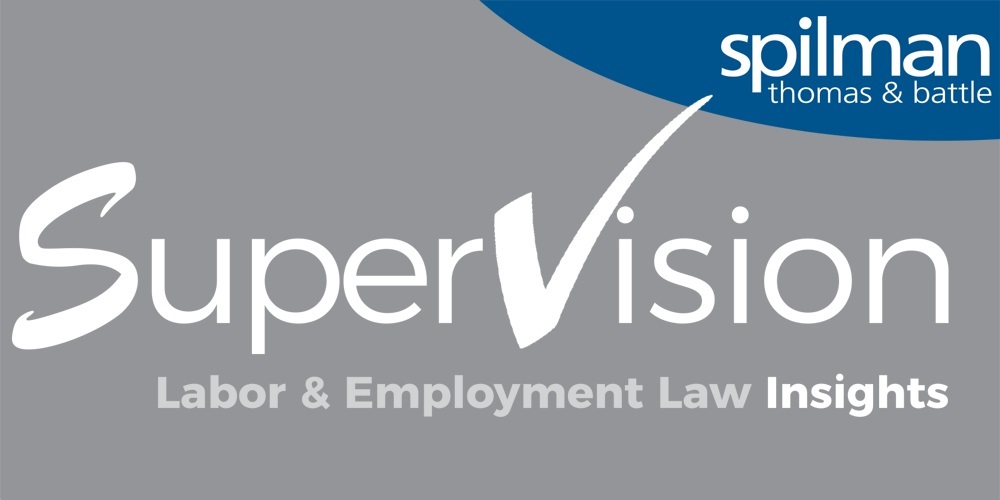Article
Resources
Article
Trends in Paternity Leave

Parental leave was, once again, in the forefront of public discourse, as the internet debated the appropriateness of Parag Agrawal, the CEO of Twitter, announcing his intention to take “a few weeks” off work following the birth of his second child. While much of the debate hinged on this man’s very personal decision, it also sparked a larger conversation about parental leave in the United States—after all, Agrawal was only able to take paid time off to care for his new child and partner because he worked for an employer who voluntarily offers it as a benefit to its employees.
Agrawal had to rely on Twitter’s paid parental leave policy because there is currently no universal paid parental leave in the United States. Since 1993, employees have largely relied upon the Family Medical Leave Act to provide leave related to the birth or adoption of a child. The FMLA, however, only provides 12 weeks of unpaid, job protected leave after the birth or adoption of a child, but even that is only available when the employer and employee meet certain criteria. There are a few exceptions, of course—certain federal military branches offer paid parental leave for qualifying active duty and reservists, and the newly effective Federal Employee Paid Leave Act provides up to 12 weeks of paid parental leave for federal employees—but generally, there is no federal requirement that an employer offer its employees paid parental leave. Recent efforts to enact federal legislation on paid parental leave fell apart as the Biden administration’s Build Back Better Act failed to get sufficient votes in the Senate.
Without a national paid parental leave policy, the United States sits as an outlier in the global economy. According to the World Policy Center, the United States is one of only eight countries in the United Nations to lack some sort of national paid parental leave. The other seven are Papua New Guinea, Suriname, Micronesia, the Marshall Islands, Nauru, Palau, and Tonga, the last five of which are small island nations.
States, cities, and private employers in the United States have cobbled together a patchwork of protections. Over a dozen states have loosened the criteria for the state-equivalent of the FMLA so more workers have access to unpaid leave, and several have provided paid parental leave to state employees. Nine other states have passed legislation that requires private employers to offer paid leave to new parents within their borders. Finally, some states have mandated that pregnancy and/or birth is a temporary disability, essentially guaranteeing payment under disability insurance contracts. Similar ordinances have been passed by cities, who provide paid leave to municipal employees.
The most generous policies, however, are often voluntarily offered by private employers—and these are the policies most likely to make headlines, as Agrawal’s announcement shows. Twitter is one of many private employers who offer paid parental leave, even though they are not required to do so by federal or state law. Other companies like Walmart, Microsoft, Facebook, and Deloitte have been publicly lauded for their voluntarily paid leave policies. The gold star, however, goes to Netflix, who currently offers up to a year of paid leave to its employees after the birth or adoption of a child. And, it's not just national companies offering this benefit. A 2020 study by the Society for Human Resources Management ("SHRM") found that over 55 percent of employers offer paid maternity leave and 45 percent offer paid paternity leave.
The number of employers offering the benefit of paid parental leave is on the rise because more and more employers are recognizing the well-documented positive effects of paid parental leave. Studies have long showed that paid parental leave helps reduce post-partum depression, decreases infant hospitalizations, leads to more regular doctor and wellness checkups, increases emotional development in children, normalizes childcare, and is associated with lower divorce rates and higher success rates for breastfeeding and childhood vaccinations. These benefits are all in addition to the obvious financial benefits paid parental leave would provide to a family.
Paid parental leave is also good for business. Studies have shown that such policies increase employee productivity, improve employee retention (particularly in helping new mothers return to the workforce), aid in attracting top talent, boost employee morale, support the mental health and well-being of parents, reduce employee burnout, and make for excellent public relations and marketing. This has only increased with the pandemic, where employees were briefly provided paid leave for child care under emergency federal law, taught children virtually, worked from home, and generally shouldered additional childcare responsibilities.
Given these well-documented benefits for workers and the economy, employers are strongly urged to consider offering some sort of paid parental leave as an employee benefit. An internal audit, done with the aid of counsel, can help a company ensure it is complying with any state or local laws on paid parental leave, and advise the company on what type of paid parental leave policy may work best for it and its workforce. Counsel may also assist in drafting a properly worded, easy to understand written policy and in training management on how to properly administer this new type of paid leave. Spilman stands ready to assist employers in this process, and continues to monitor city, state, and federal legislation on paid parental leave to provide the most up-to-date counseling and advice.


